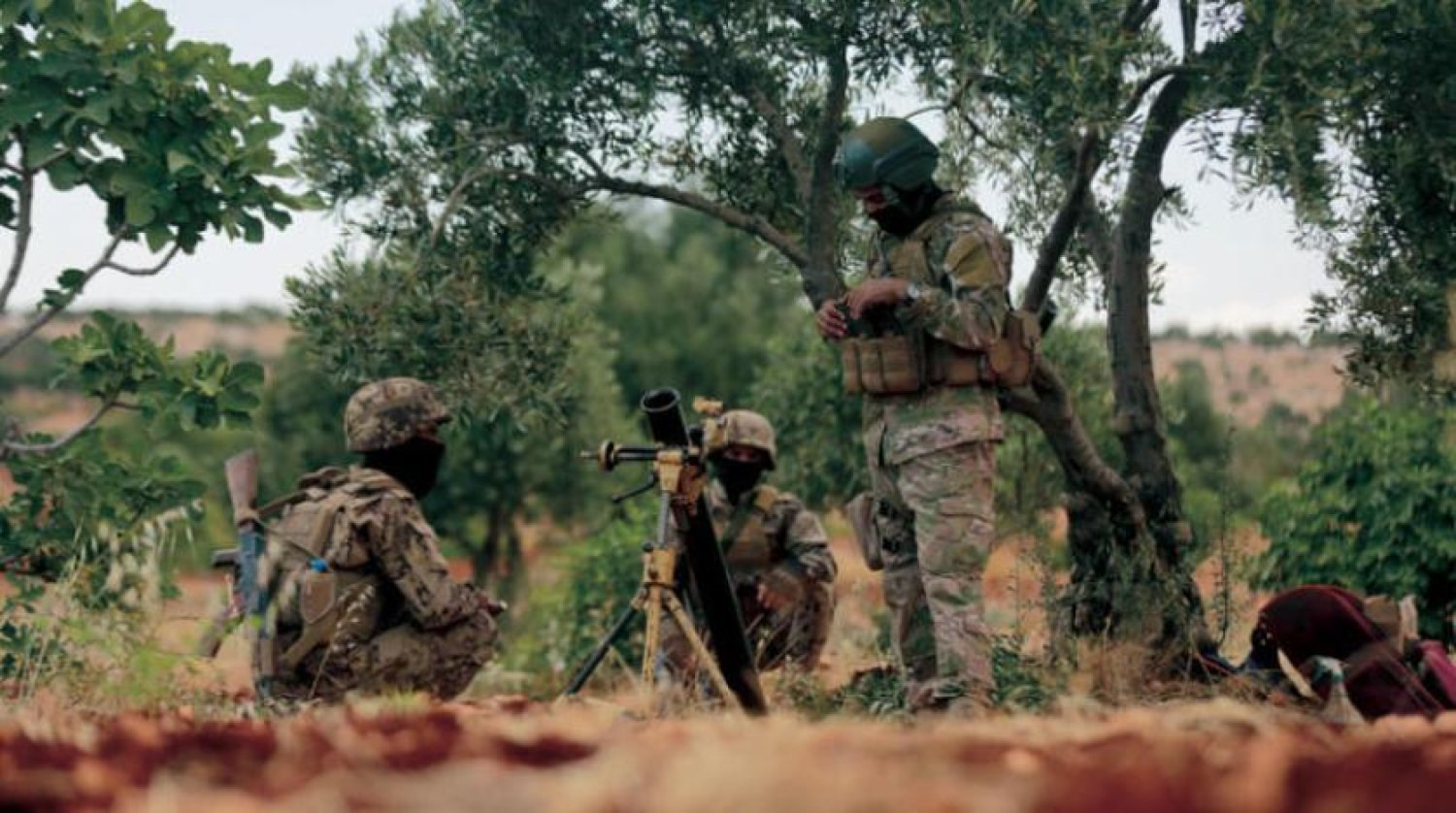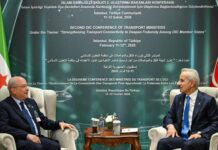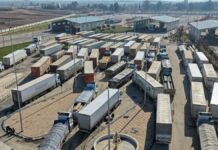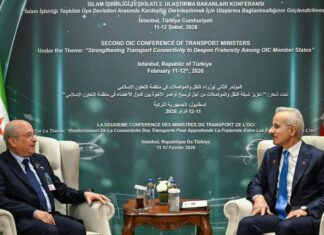
Speculation is mounting in northwestern Syria about the possibility of a major military offensive by Syrian revolutionary factions against the Assad regime and occupying foreign militias, particularly in Aleppo. Local sources suggest these factions may be preparing for decisive battles, hoping to exploit the current chaos within the regime and its Iranian ally, Hezbollah, which has been weakened by ongoing Israeli strikes. Hezbollah, often considered the crown jewel of Iranian influence in the region, has suffered significant military setbacks, creating an opportunity for the revolution to potentially gain ground.
Rumors are circulating within Syria’s liberated areas that revolutionary factions are planning major offensives in strategically important locations, with Aleppo being a likely focal point. These developments coincide with Israel’s targeting of Hezbollah in Lebanon, which some believe could weaken the regime. One critical element of this speculation is the potential denigration of Assad’s air force’s capabilities in the wake of Israeli escalations, which would give revolutionary forces an advantage in initiating large-scale operations.
However, despite these emerging dynamics, the Assad regime appears aware of the possibility of renewed advances. Reports indicate that Damascus has begun reinforcing key military positions in Aleppo, likely in anticipation of revolutionary attacks. Reinforcements have been sent to vital points in the region, as regime forces aim to prevent revolutionary factions from reigniting a major conflict in the north.
An in-depth report by Thaer al-Muhammad highlighted these ongoing developments and examined the military arrangements and field preparations being made by both sides. Political experts, such as Firas Faham of the Abaad Center for Studies, remain skeptical about the feasibility of a major offensive at this time.
Faham notes that the northwestern region of Syria remains under the constraints of international agreements, such as the Astana de-escalation agreements signed in 2020. These accords have effectively limited major military operations in the area, and Faham argues that no key international actors, including Iran and Russia, are interested in reopening this front. He suggests that any talk of a battle in Aleppo is likely being promoted for internal purposes by groups like Hayat Tahrir al-Sham (HTS), which seeks to consolidate its dominance in the region, including over the Syrian National Army (SNA) factions.
HTS is reportedly attempting to position itself as an independent force, detached from international agendas, and is seeking to regain internal support following a wave of popular protests against its practices. It is courting smaller factions and attempting to exploit current opportunities to reassert its authority in northwestern Syria.
On the military front, Colonel Abdul Jabbar Al-Akeedi, a military analyst, believes that while revolutionary factions possess the manpower and capabilities to launch a battle, past events have prevented significant progress. The 2020 Astana agreements, coupled with the heavy Russian airstrikes that have systematically devastated opposition forces, have limited the factions’ movements. Despite popular pressure to reclaim areas like Aleppo, Saraqib, and Tal Rifaat, the lack of anti-aircraft capabilities has severely hampered the revolutions’ ability to counter the regime and Russia’s air dominance.
Al-Akeedi points out that while Hezbollah has faced heavy losses due to Israeli strikes, relying on Hezbollah’s decline as an opportunity for revolutionaries to strike may not be realistic. Russia remains the dominant military force in Syria, controlling the airspace and providing critical support to Assad’s forces. Without substantial international backing or advanced military support, particularly in terms of anti-aircraft weaponry, the prospect of liberating Aleppo remains distant.
Faham further argues that while HTS may be promoting the idea of an imminent battle to capitalize on Hezbollah’s setbacks, it is unlikely that any major military developments will occur in the near future. The international community, particularly Russia, is not interested in seeing a resurgence of large-scale conflict in Syria. Russia, despite its involvement in Ukraine, remains deeply invested in Syria and continues to support the Assad regime both militarily and politically. This, combined with Turkey’s insistence on maintaining stability in northern Syria, means that any major military operations are unlikely to be launched without significant diplomatic shifts.
Ultimately, while speculation about a new battle for Aleppo continues to swirl, the political and military realities on the ground suggest that such an operation may be premature. Revolutionary factions may be positioning themselves for future opportunities, but for now, the situation remains complex, with multiple actors, including Russia, Turkey, and Iran, playing crucial roles in shaping the future of the conflict in northern Syria.








